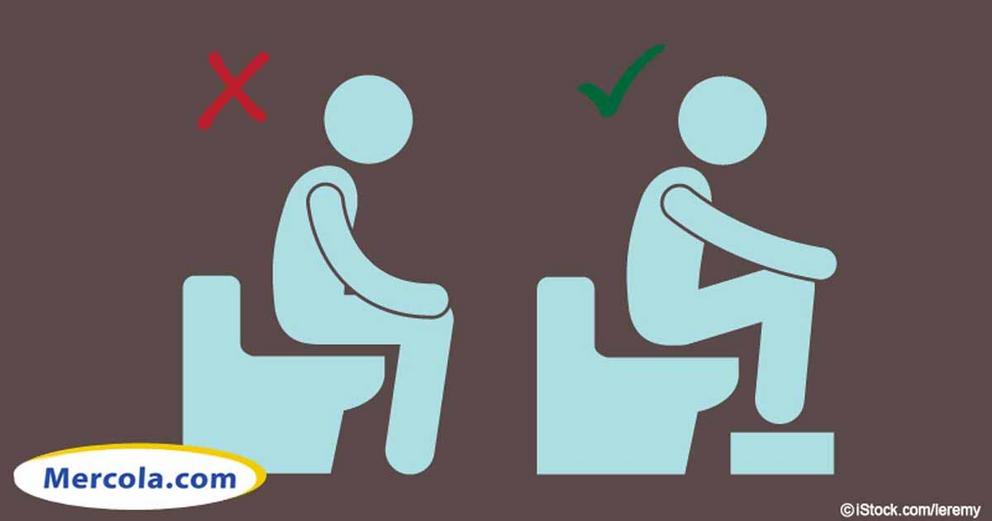Four remedies for constipation — but do they work?
Although it’s not something we like to talk about in everyday life, constipation is all-too-often a fact of life. While we don’t always know what causes it, for the most part you can get relief from constipation with a change in lifestyle and the foods we eat. To that end, Health News Today has offered up more than a dozen ideas for easing constipation.
Tactics to employ include drinking more water, changing the way you sit on the stool, using a stool softener and/or laxatives, eating bowel-moving foods like prunes and avoiding dairy products. Here’s my take on a few of those ideas.
• Squat, don’t sit. While we know that factors that influence your risk for constipation include eating a low-fiber diet and taking medications that affect your bowels — for example, opioids — what we probably don’t realize is that, while it sounds silly, changing the way you sit on the stool may be a key to ending your reliance on laxatives.
Sitting on your toilet may be comfortable, but placement of your knees and upper legs at 90 degrees to your abdomen actually pinches off your anal canal and makes having a bowel movement more difficult.
On the other hand, when you squat your knees are brought closer to your abdomen, which changes the relationship of your rectum and sphincter, positioning your organs and muscles in a way that relaxes your rectum. This maximizes the efficiency of your evacuation. Note: If you can’t squat, try using a foot stool to get yourself in a squatting position.
• Try some magnesium citrate. One of the most popular short-term natural supplements that is effective against constipation is magnesium. This is an essential mineral and a cofactor used in multiple enzymes. Begin by taking 200 mg of oral magnesium citrate each day and gradually increase the amount until you develop slightly loose stools.
Magnesium citrate has a mild laxative effect — whatever your body doesn't absorb will affect your intestines as it is flushed out through your stool, which helps you identify your personal cutoff point. There is ample evidence demonstrating the effectiveness of using magnesium to naturally improve constipation.
• Swap out processed foods for whole, high-fiber foods. Leafy green vegetables, almonds, squash and broccoli are just a few foods that can feed your gut microbiome, reduce your vulnerability to infection and promote softer stools that keep your intestinal walls intact. The American Heart Association recommends eating 30 grams of fiber each day, but the average American eats approximately 15 grams each day, which contributes to the growing rate of constipation.
• Regular exercise can also help reduce constipation. The physical movement helps increase the motility in your digestive tract and can stimulate the urge to have a bowel movement. Also, when you feel the urge to have a bowel movement, don't wait. The longer the stool sits in your colon, the more water is removed and the more difficult it is to pass.
Additionally, staying well-hydrated and avoiding pharmaceutical drugs that change the speed of your bowel function can go a long way toward addressing and preventing constipation. (Besides opiate-derivatives, antidepressants, antibiotics and even some laxatives can slow down the “go.”) Removing gluten, artificial sweeteners and sugar from your diet is also important, as they all damage your intestinal tract.

